 This is a post about the relationships between language and the words that we use, writing, cycling, and feminism. Given the wide range of subject matter, you can probably guess you’re in for a meandering and possibly, though I'll do my best not to make it, obtuse undercurrent direct from my often muddy stream of consciousness. But hey, this isn't an academic research paper, and you probably wouldn't read it if it were.Trigger! Warning! Disclosure! Flashy Red Lights! I’ll be using words that most people find either offensive or bawdily humorous from here forward. Here's a good chance for you to grab a cool beverage and maybe tab over to Twitter to check up on the current cycling race or [fill in the blank] sport updates. Or just skip down to the last couple of paragraphs that focus on writing. Your choice.As so often happens to me—I can't imagine why—I was recently involved in a debate about the use of the "c" word. Nope, not Clinton, the other "c" word. Yep, cunt. You see, I have this reputation as a feminist, probably not a big surprise to you, dear readers, and to many feminists, and women in general, the “c” word is considered the lowest, meanest insult there is. I don’t see it that way.Let me back up and tell you why cunt became such a, if I may, hot topic. And this is where cycling comes into the flow. Because, yunno, cycling is just another “c” word, at least to some. (Looking at you, Novitsky and Tygart.)Procyclist and one of the favorites for this year’s Tour de France Bradley Wiggins gave a press conference last week where he flung vitriol and expletives at those who claim any cyclist who could win the TdF must be a doper. I chimed in with my full support of his tirade, which caused a close friend to question in what universe a feminist ideology can be accepting of anyone using the “c” word, especially in the pejorative sense. Wiggo said,
This is a post about the relationships between language and the words that we use, writing, cycling, and feminism. Given the wide range of subject matter, you can probably guess you’re in for a meandering and possibly, though I'll do my best not to make it, obtuse undercurrent direct from my often muddy stream of consciousness. But hey, this isn't an academic research paper, and you probably wouldn't read it if it were.Trigger! Warning! Disclosure! Flashy Red Lights! I’ll be using words that most people find either offensive or bawdily humorous from here forward. Here's a good chance for you to grab a cool beverage and maybe tab over to Twitter to check up on the current cycling race or [fill in the blank] sport updates. Or just skip down to the last couple of paragraphs that focus on writing. Your choice.As so often happens to me—I can't imagine why—I was recently involved in a debate about the use of the "c" word. Nope, not Clinton, the other "c" word. Yep, cunt. You see, I have this reputation as a feminist, probably not a big surprise to you, dear readers, and to many feminists, and women in general, the “c” word is considered the lowest, meanest insult there is. I don’t see it that way.Let me back up and tell you why cunt became such a, if I may, hot topic. And this is where cycling comes into the flow. Because, yunno, cycling is just another “c” word, at least to some. (Looking at you, Novitsky and Tygart.)Procyclist and one of the favorites for this year’s Tour de France Bradley Wiggins gave a press conference last week where he flung vitriol and expletives at those who claim any cyclist who could win the TdF must be a doper. I chimed in with my full support of his tirade, which caused a close friend to question in what universe a feminist ideology can be accepting of anyone using the “c” word, especially in the pejorative sense. Wiggo said,
I say they’re just fucking wankers. I cannot be dealing with people like that. It justifies their own bone-idleness because they can’t ever imagine applying themselves to do anything in their lives. It’s easy for them to sit under a pseudonym on Twitter and write that sort of shit, rather than get off their arses in their own lives and apply themselves and work hard at something and achieve something. And that’s ultimately it. Cunts.
I should mention that Wiggo, in case you hadn’t noticed, is a Brit and, in my understanding, the “c” word is a much more commonplace and universal pejorative in the UK than here. In other words, not quite as charged and anti-woman as in the US. I could be wrong in this assumption, however, since my closest association with English culture comes from growing up listening to the Clash and yes, cough, even Duran Duran.So why am I not opposed to being called the “c” word? Happy you asked, because it gives me a chance to tout one of my all-time favorite books, Inga Muscio's Cunt. Yep, that's the name of the book. It’s usually not shelved in the children’s section at your local bookstore. However, it is one of the greatest feminist reads you'll ever purchase, and she is a lovely and talented writer. The gist of why the title is that word is based on a sociolinguistic strategy of language reclamation. As you probably know, there is an intersection between feminist and sociolinguistic theory that revolves around language and how it is used / wielded to maintain a status quo. Part of the premise of Muscio's book discusses the origins of the word (originally a venerated goddess), and how it was co-opted by patriarchal forces and turned into a epithet. She analyzes how and why this type of thing happens (you should read Cunt and Rianne Eisler’s The Chalice and the Blade for a deeper discussion of this), and then boldly discusses how women have it within our power to reclaim the words that once stood for our strength and dynamism—cunt being one of the most loaded—and in essence, turn the tactics used to derogate them back around.I read Cunt for the first time over ten years ago. Since then, I've never really considered the use of the word derogatory—in the sense that I think that anyone who calls me a cunt in an offensive way is really just saying, "I fear your strength and power and am cluelessly using this weak term in an attempt to establish dominance over you (and failing miserably)." In other words, I take it as a roundabout compliment when someone calls me a cunt. Yeah, I get that it’s NOT really a compliment, but the lesson here is that language is dynamic and requires both an actor and a receiver to give it veracity.And finally, because I’m a writer and a lot of you are writers, let me bring this subject back around to how it relates to, well, writing.We love words. It’s a flamboyant, fathomless, messy, challenging, salacious, and sometimes painful love affair that forces us to do terrible, terrible things. We kill people; we level buildings, cities, hell, sometimes even entire planets; we kick puppies and bury our in-laws alive in hidden coffins. Why? Because we can! Because the words are there, and we revel in leveraging them to achieve any and all nefarious deeds our demented minds can dream up. Being the wordsmiths that we are, we care A LOT about the structure and intent of our every sentence and every word. We are the type of people that will often recompose the same email dozens of times, even if it’s simply to say “I’ll be there for dinner,” in order to ensure that just the right amount of enthusiasm or reticence is beaming through our recipient’s screen of choice. We have been known to throw out five or ten synonyms at time for a single word in a heated debate because we’re too impassioned to settle for just one.We, above most, understand that language, dialect, syntax, accent, and inflection are all key components of our writing, especially vis-à-vis characterisation. Applied carefully and deliberately, they become critical components in how we shape our readers’ grasp and impressions of our characters’ personalities, attributes, tastes, thoughts, intentions, and overall existence. Without unique and specific applications of language, all characters would sound, and thus in our readers’ minds BE, the same. And this strict attention to language doesn’t stop at characterisation, but extends as far as the tone of our novels and stories. The way we develop our narrators’ patterns of speech and the words they use flavors our works, making them either light and rich, like a banana cream pie, or heavy and dark, like a Kells Guinness Stout Cake.In summary, words are the magic wand that we, as writers, wield with all the dexterity of a Hogwarts graduate. It’s a heavy and shifting responsibility, but we embrace it because we are power-hungry despots whose one goal in life is to bend and warp the minds of our minions. What better way to achieve this than through the thing we all share: language.
Enjoy what you've seen so far? Subscribe by using the 'Click to Follow' button or enter your email near the top of the page, and never miss a post.
All content copyright unless otherwise specified © 2008-2013 by Tammy Salyer, writer. All rights reserved. Permission is granted to use short quotes provided proper attribution is given.




